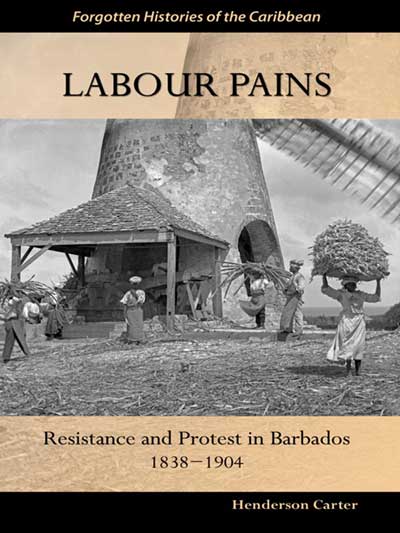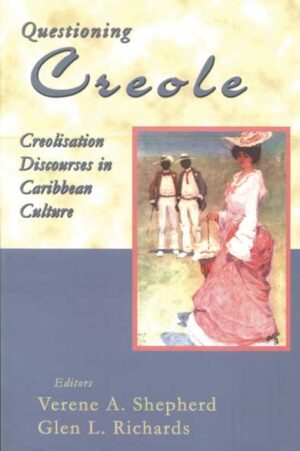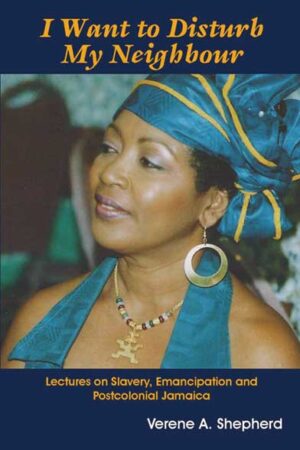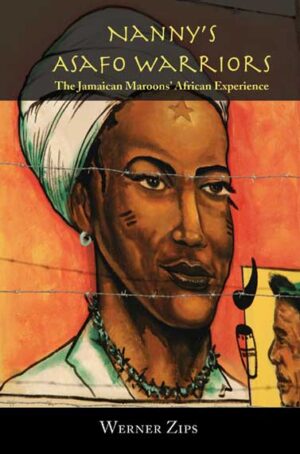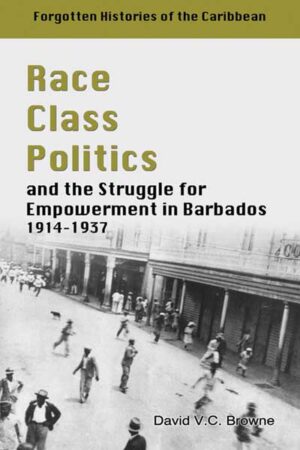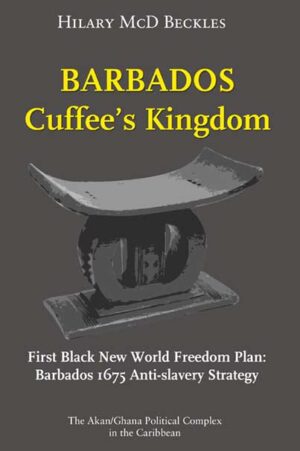Description
The significant upheavals across the Caribbean in the 1930s have traditionally marked the commencement of the organisation of labour and the development of political culture in the British Caribbean. In Barbados however, the labour rebellions of the 1930s were informed by a race and class consciousness developed by continuous resistance by the island’s agricultural sugar workers.
In Labour Pains, Henderson Carter highlights the persistent struggle of the working population of Barbados against poverty and disenfranchisement and their unceasing efforts to attain social benefits – basic civil rights – and material benefits such as land and better wages and working conditions. Focusing on the immediate post Emancipation period in 1838 up until the beginning of mass migration to Panama in 1904, Labour Pains portrays the experiences of Barbadian workers in the period of transition from slavery to a free labour system. Backed by references from original source material such as Parliamentary proceedings, plantation records and official reports as well as newspaper accounts and contemporary sources, Carter recounts the hardships suffered by the newly freed population and their responses to the injustices levelled against them. From arson to riot, rebellion to disengagement, workers’ resistance in Barbados between 1838 and 1904 laid the foundations for the momentous activities of the 1930s and the subsequent development of a modern political culture of democratic governance.
Labour Pains builds on earlier historical literature and provides a rich chronicle of the legacy of labour resistance in the British Caribbean.


